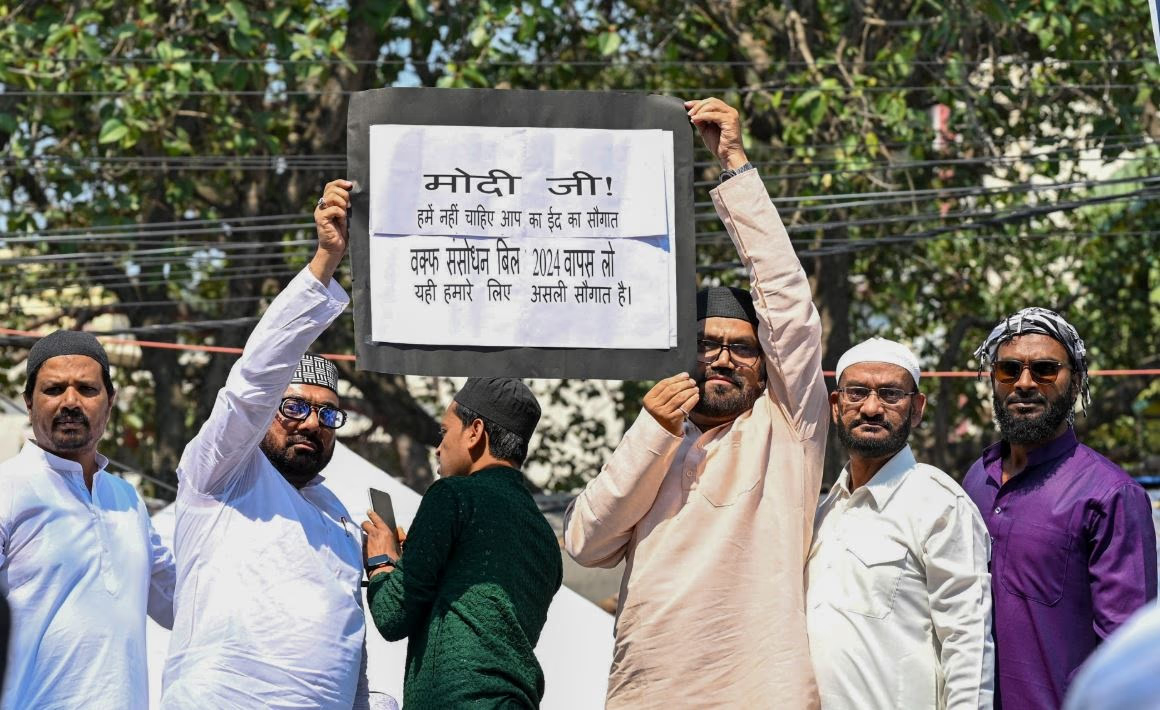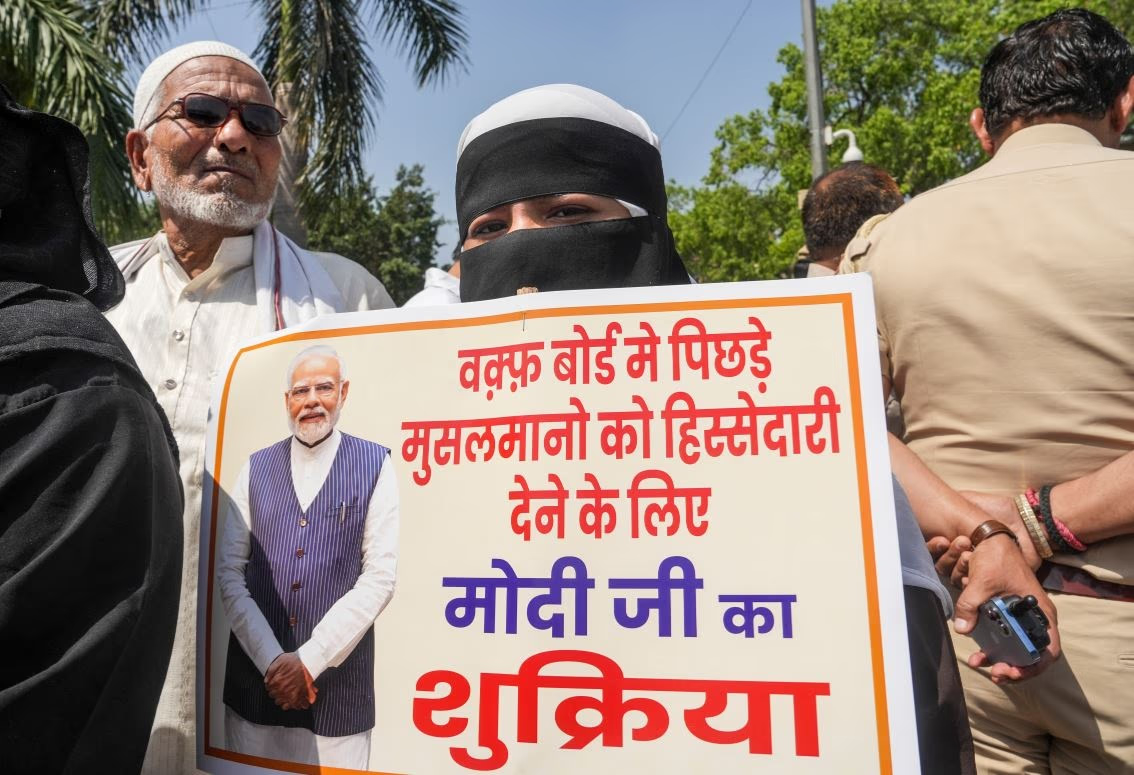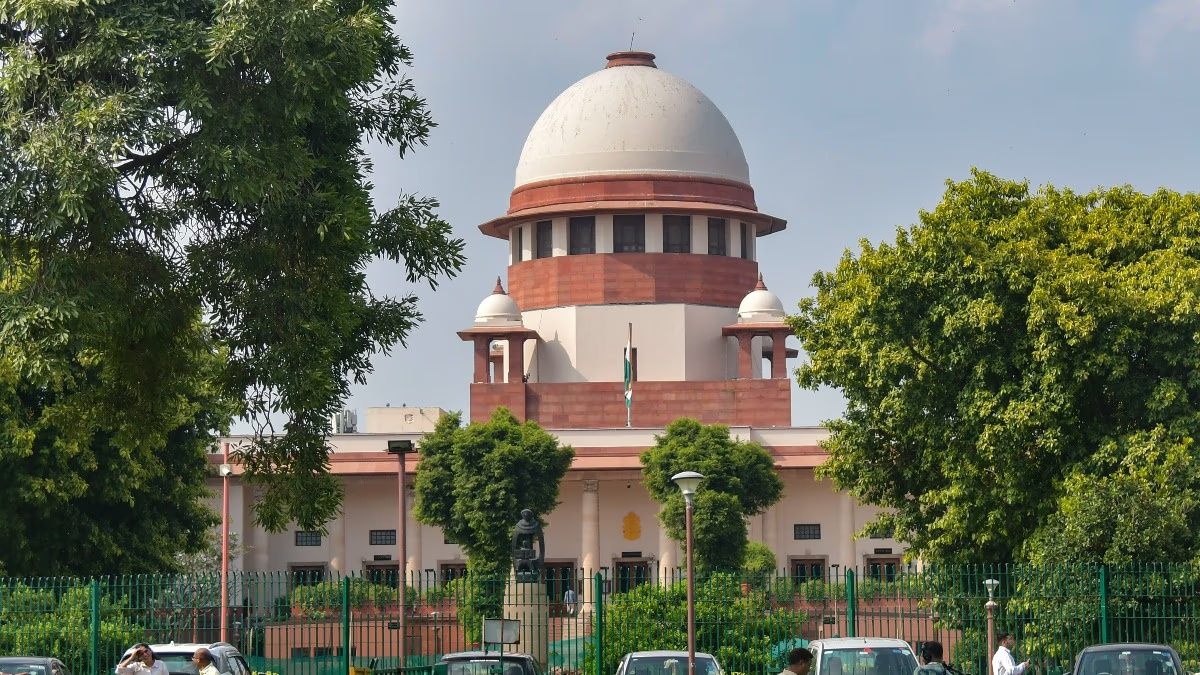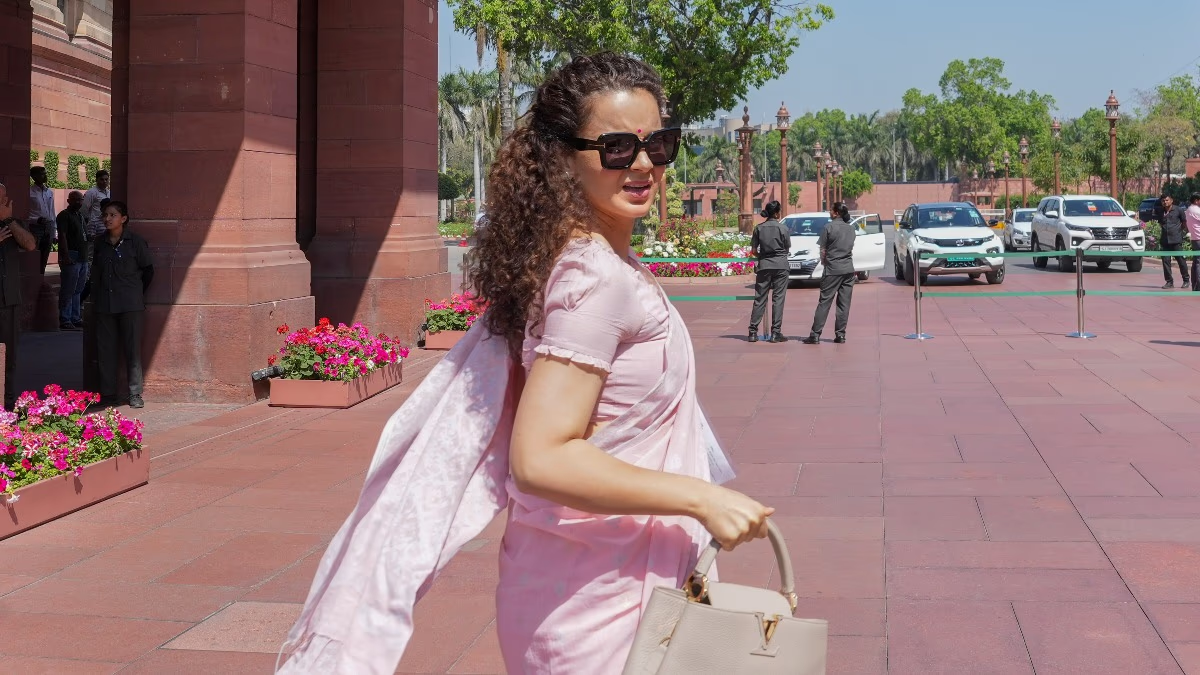The Waqf Amendment Bill's journey to becoming law now seems clear. Following approvals from both the Lok Sabha and Rajya Sabha, all that remains is the President's signature. Despite opposition in Parliament and from the streets, the government has successfully passed this bill through both houses. Various Muslim organizations, alongside the key opposition party Congress, are gearing up to contest this bill in the Supreme Court. The first writ petition concerning this has now been filed, with Congress MP Mohammad Javed from Kishanganj spearheading the submission.
The Legal Fight Over the Waqf Bill
On Friday, Congress General Secretary Jairam Ramesh announced the party’s intention to challenge the bill’s constitutionality in the Supreme Court. He noted that Congress has previously contested other significant laws such as the Citizenship Amendment Act (CAA), the RTI Act, and election-related regulations, all of which remain pending in the court. Additionally, Congress has challenged the Places of Worship Act in the Supreme Court, with the Waqf Amendment Bill set to join this league shortly.
Besides the Congress party, the All India Muslim Personal Law Board (AIMPLB) has also declared its intent to challenge the Waqf Amendment Bill in the Supreme Court. On Wednesday, board member Mohammad Adeeb stated they wouldn't rest until the law was withdrawn, asserting allegations against the government for attempting to seize Muslim properties. He likened the future protests to the farmers' movement, emphasizing a nationwide scale of opposition.
The Ball in the Supreme Court's Court
While Parliament's role is to pass laws and both the Lok Sabha and Rajya Sabha have done so, the Supreme Court now holds the power to assess if the bill aligns with constitutional principles. With numerous challengers poised to test the bill in the court, it's ultimately up to the judiciary to determine its constitutional validity.

Source: aajtak
As things stand, the opposition posits that this bill infringes on religious freedoms by inserting non-Muslims into the Waqf boards, effectively violating constitutional rights. However, the government argues that the bill merely aims to include non-Muslims and women into Waqf boards' membership rather than Waqfs themselves. Now, it is for the Supreme Court to decide whether the bill actually breaches constitutional provisions regarding religious freedoms.
Opposition to Removing 'Waqf by User'
Another contentious element involves revoking 'Waqf by User.' Historically, properties used for religious purposes like mosques or cemeteries, even without documentation, have been classified as Waqf assets. However, today, the government mandates legal documentation and registration for properties to be recognized as Waqf, requiring registration within six months on the WAMS portal.
Opponents argue this change opens doors to litigation and land seizure, fearing that numerous longstanding sites—mosques and cemeteries—may lack valid documents. The government, however, assures exceptions for older properties, leaving current court cases for judicial discretion.
'Waqf by User' removal, too, may face Supreme Court scrutiny with detractors claiming similar principles apply to temples, gurudwaras, and churches, which also lack contemporary legal proof despite centuries of religious usage.

Source: aajtak
Claims of Federal Structure Impact
Opponents also claim the bill undermines the federal structure since land is a state subject. Yet, the Waqf Bill places the power of asset determination and regulation in the hands of a central government-controlled collector, restricting state autonomy. This provision, too, can be brought before the Supreme Court.
With these debates moving from Parliament to the judiciary, the Supreme Court now stands as the decider of this bill's future. Challenging the bill's court jurisdiction is complex, requiring challengers to prove it exceeds constitutional limits. Many precedents exist—laws tested against constitutional standards mostly find judgment within its confines. Yet, only if the law transcends such parameters may the Supreme Court annul it, a determination resting with the nation's highest court.
Can the Court Halt the Law?
The Supreme Court possesses the authority to interpret laws passed by Parliament. Should a law be found infringing upon fundamental rights, the court holds the power to impose a stay. However, this is only feasible when the law conflicts with constitutional rights, necessitating further interpretation by the court on how rights are violated by the legislation. Nevertheless, Parliament retains the power to reintroduce such a bill through constitutional amendment with a two-thirds majority if deemed necessary.




